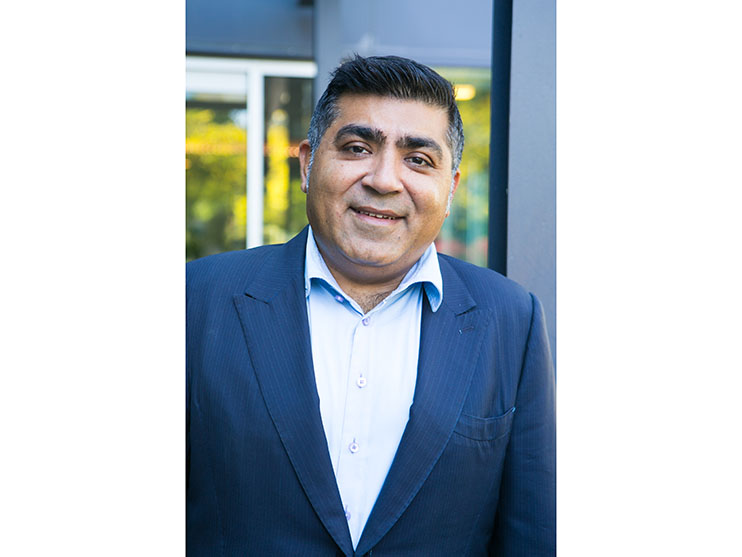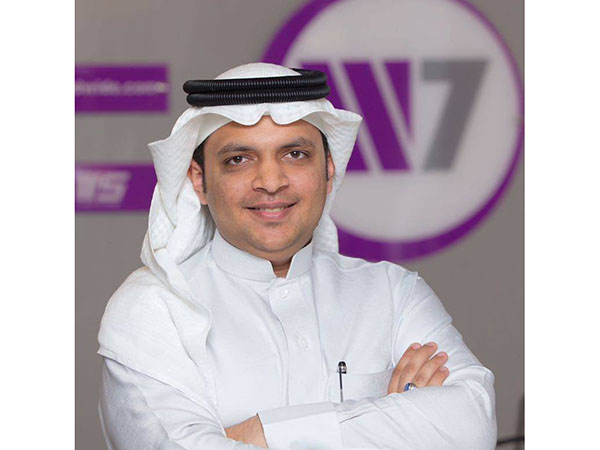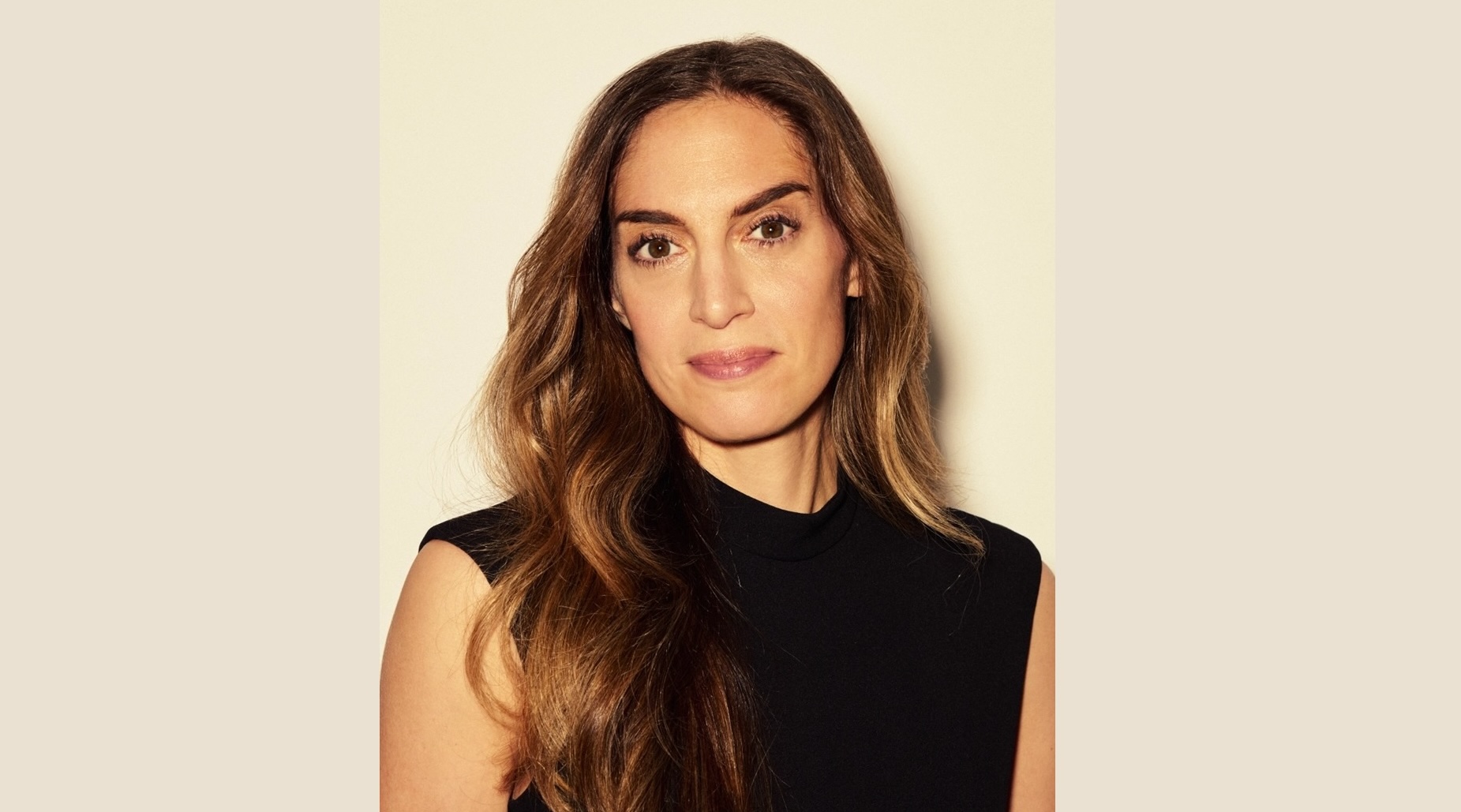News - News In Brief
Cash is King but Barter is Smarter
May 20, 2020
.jpg) Advertisement
AdvertisementBizX CEO Bob Bagga appeared as the guest expert on Tariq Qureishi’s Xponential Talks webinar series on Monday 18th May, to address approximately 100 business leaders across the Middle East on how barter or value exchange can be leveraged to help businesses survive and thrive during the current COVID-19 crisis.
During the one-hour online event, Bagga explained the process of using a platform such as BizX to “trade what you have and get what you need” using regional case studies from different sectors such as automotive, retail, hotels, luxury and airlines. Addressing CEOs and other key decision makers from heads of Finance and Procurement to Marketing, from start-ups to large conglomerates, he stressed that there has never been a better time to start considering barter as a strategic business tool to help weather this crisis, and thrive as a business moving forward.
To put it in context, the percentage of the global economy which is non-cash is over 30 percent and growing. Roughly 65 percent of Fortune 500 companies use barter or non-cash transactions as part of the way they do day-to-day business.
“The prevalence of barter as a means of doing business has been in existence for centuries, in fact it all began in the Middle East in 600 BC, with the tribes of Mespotamia,” explains Bagga. “When you consider that the amount of excess capacity in the world amounts to trillions of dollars – with approximately 10 percent excess capacity currently in the GCC economy and climbing during this crisis – businesses have a number of choices. They can let it go and take a massive financial hit and potentially have to restructure or close; liquidate stock through promotions, discounts and sale offers resulting in loss of value and brand equity; or monetize excess capacity – at full book value - while generating incremental sales and new customers, injecting more working capital into the company, maintaining marketing activity to ensure brand strength and protecting precious cashflow. Surely it’s a no-brainer!” he concluded.



.jpg)










